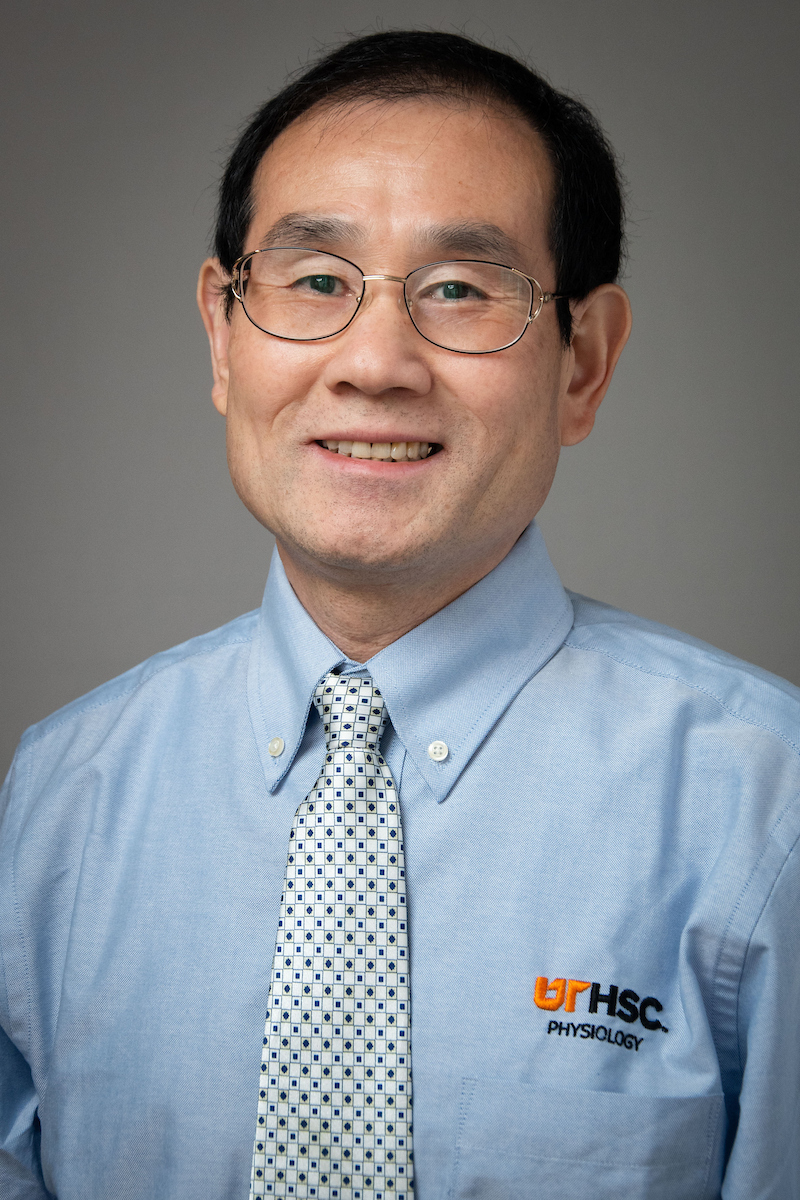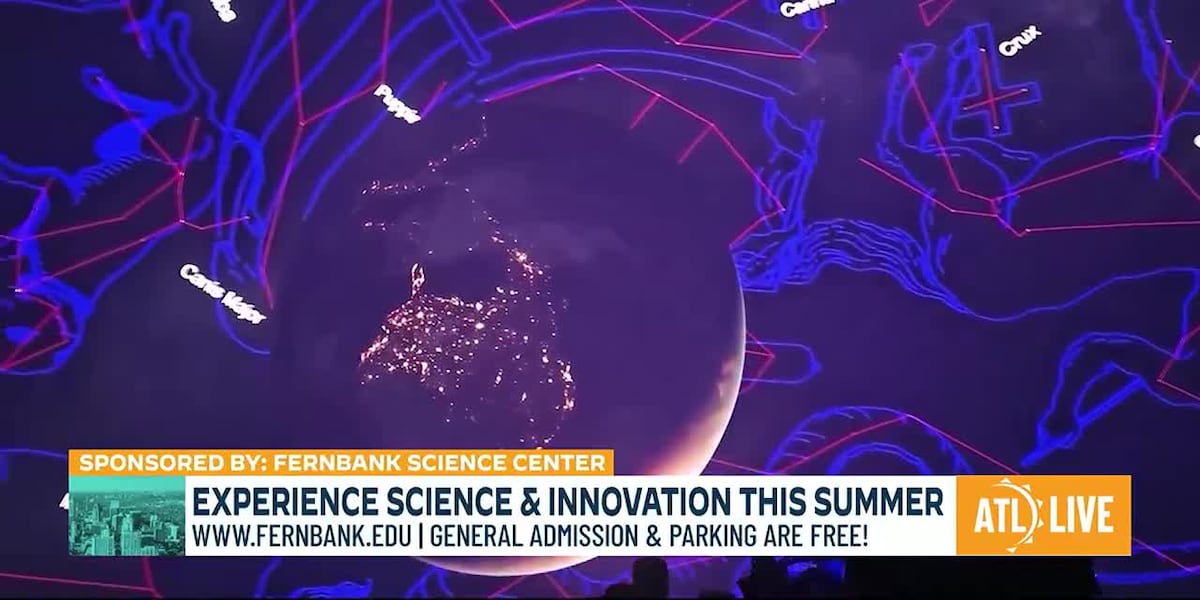
Wildlife Watch: Frederick County Leads Global Science Expedition
Wildlife enthusiasts and nature lovers in Frederick County are gearing up for an exciting ecological adventure! The 2025 City Nature Challenge is set to transform the Washington, D.C. metropolitan area into a vibrant hub of biodiversity exploration this April. What began as a friendly competition between San Francisco and Los Angeles in 2016 has now blossomed into a global movement. Residents will compete to document and identify as many wildlife species as possible, turning their local landscapes into living laboratories of discovery. Participants will use smartphone apps and cameras to capture and record their observations, creating a comprehensive snapshot of the region's rich ecological diversity. From tiny insects to majestic birds, every species spotted contributes to a larger understanding of local wildlife populations and habitats. This citizen science initiative not only provides valuable data for researchers but also encourages community engagement with the natural world. Whether you're an experienced naturalist or a curious beginner, the City Nature Challenge offers an opportunity to explore, learn, and contribute to environmental awareness. Get ready to venture outdoors, sharpen your observation skills, and join Frederick County in this exciting ecological expedition!









